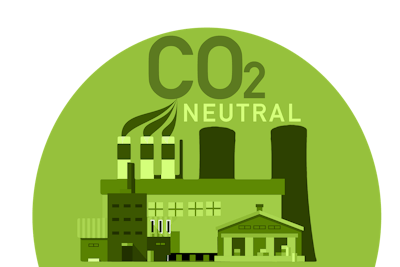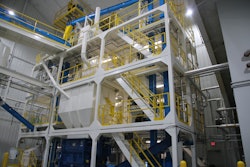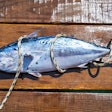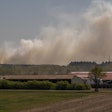
Collectively, the agriculture community must produce 70% more food over the next 30 years. This challenge presents agricultural industries with a significant opportunity to conserve natural resources and improve the efficiency of food and animal production. However, those involved in grain handling and feed manufacturing hold diverse viewpoints on preparing their businesses for the opportunities and challenges presented by sustainability initiatives.
Recognizing the growing importance of sustainability, the National Grain and Feed Association (NGFA) recently established a sustainability committee to assist its members in navigating their sustainability journeys. Mike Seyfert, president and CEO of NGFA, shared insights into its members’ perspectives on addressing sustainability at NGFA’s 128th Annual Convention in Orlando.
“The diverse makeup of NGFA’s 900 members, encompassing country elevators, export terminals, integrated livestock and poultry producers, biofuel manufacturers, and oilseed crushers, makes it difficult to reach consensus on a standard approach to sustainability,” Seyfert said. “Our members see the value of science-based research to create a sustainability playbook that the industry can agree on.”
While some NGFA member companies have already implemented sustainability programs, many are still determining their specific roles and responsibilities or developing the necessary capabilities. Despite varied levels of engagement, Seyfert noted a common belief among members that government-issued mandates to reduce animal agriculture’s carbon footprint are not the correct course.
Instead, Seyfert advocates for a collaborative approach to clarify guidelines on reducing carbon emissions through energy management and natural resource optimization. This strategy aims to encourage the adoption of practices across the supply chain that positively impact agriculture’s environmental footprint.
Leaders in promoting sustainability
Several NGFA members are emerging as leaders in sustainability, emphasizing the value of regenerative agriculture and offering programs that promote climate-friendly practices at the farm level through partnerships with other supply chain stakeholders.
Scoular, in collaboration with the University of Missouri Center for Regenerative Agriculture and the Natural Resources Conservation Service (NRCS), held the educational “More than Dirt" conference for crop producers in 2023, highlighting regenerative practices such as minimizing tillage, planting cover crops, increasing crop diversity and incorporating livestock.
More than 40 producers attended the event aimed at helping growers capitalize on opportunities and navigate challenges as the agriculture industry evolves.
Barlett Grain collaborated with Regrow Ag to enhance soybean sustainability by thoroughly analyzing Scope 3 emissions and creating effective carbon reduction strategies, monitoring environmental outcomes at the farm level.
Bartlett plans to open a new soybean crush plant in Montgomery County, Kansas, and aims to leverage Regrow’s technology to develop sustainability initiatives for its soy oil and meal co-products to ensure compliance with evolving sustainability standards for biofuels and insetting programs.
Landus was named the preferred distributor for Indigo Ag’s sustainability products that provides farmers with solutions that enhance soil potential, turning sustainable practices into profits for farmers. The partnership leverages Landus’ agronomic expertise and relationships in the ag retail space to connect farmers with Indigo’s innovative approach to science, technology, and agriculture.
The agreement aids today’s farmers through Indigo’s current offerings, and also future producers, as Indigo expands its capabilities in the microbial, digital, and sustainability space to create new products and services for the ag supply chain.
ADM was honored with the 2022 SEAL Business Sustainability Awards in the Environmental Initiatives category for expanding its regenerative agriculture programs across North America. Expanding the program simultaneously advances Scope 3 emissions goals for both ADM’s customers and ADM, whose sophisticated sustainability initiative, Strive 35, aims to significantly reduce greenhouse gas emissions, energy and water intensity, and landfill waste by 2035.
Moving Forward
The information and outcomes from these programs will enable other agribusinesses to make informed decisions about sustainable practices. The collective responsibility shared by industry stakeholders to embrace sustainability is becoming a growing focus in the feed and grain industries. Sustainability leaders in agribusiness are actively working to implement, expand, and educate others on regenerative practices and other emissions-reducing crop production tactics.
While the diversity of businesses within the industry poses obstacles to establishing uniform standards, there is a pressing need for commitment from all stakeholders to enable a sustainable future for agriculture. Through collaboration, innovation, and shared knowledge, the agriculture industry can meet the challenges ahead and play a crucial role in conserving our planet’s resources.

















